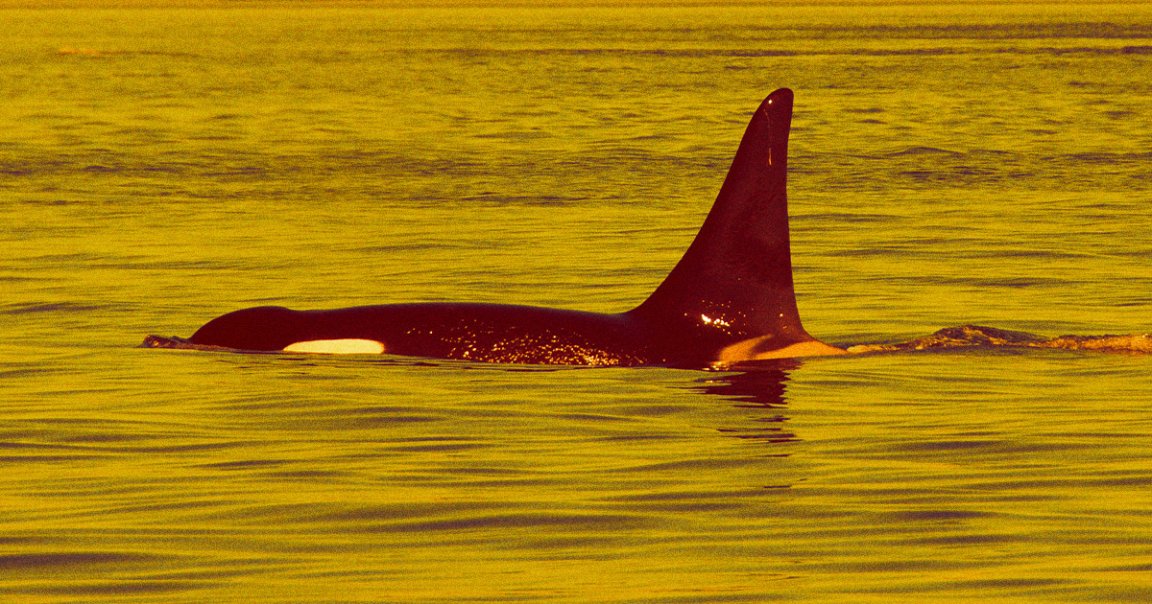
Pod Mentality
An orca pod has once again attacked and sank a sailing yacht off the Strait of Gibraltar, adding to a growing list of similar incidents.
In a Facebook post, the Polish Morskie Mile boat tourism company said that the killer whales attacked the steering fin of its vessel, the “Grazie Mamma II,” for a grueling 45 minutes.
According to the post, there were attempts to save the boat made by its crew, captain, local authorities, and even the Moroccan Navy — but despite their efforts, the ship sank near a port entrance. Luckily, the crew made it out of the ordeal safely.
Beyond Morskie Mile’s post, we don’t have much more information about this latest orca fiasco, including how many orcas were in the “herd” that the company said attacked its yacht. As previous reports have indicated, however, this kind of aggressive orca behavior is out of the ordinary, and nobody really knows why the animals have begun acting this way.
Media Matters
Earlier this year, USA Today reported that the Atlantic Orca Working Group has documented a whopping 298 percent increase in orca attacks between 2020 and 2023, with the number of incidents over the past three years surpassing 500.
Despite that jarring figure, however, scientists have pointed out that while the sinking behavior is indeed on the rise, it’s far less common than mere “bumps.” And the headline-grabbing nature of these incidents is almost certainly making the issue seem more prevalent than it actually is.
“In more than 500 interaction events recorded since 2020, there are three sunken ships,” Portuguese biologist Alfredo López Fernandez, who works with the Atlantic Orca Working Group, told LiveScience back in May. “We estimate that killer whales only touch one ship out of every hundred that sail through a location.”
Whale Tale
Alongside the complicated figures is another perverse trend: online observers who ascribe to the orcas human motives like revenge — though to be fair, there is some expert speculation that some of these attacks may be rooted in orca trauma. Concerned scientists have, in response, begun calling for caution when describing these incidents to head off sailors who may begin attacking the animals in retaliation.
“We urge the media and public to avoid projecting narratives onto these animals,” the open letter, which was signed by more than 30 scientists over the summer, read. “In the absence of further evidence, people should not assume they understand the animals’ motivations.”
Despite concerns about boater violence against the orcas, however, some interviews have suggested that the sailors know their place in the seas.
“Bottom line,” delivery vessel captain Dan Kriz, whose ships have twice been attacked by orcas this year, told Newsweek in June, “is we are in their territory.”
More on orcas: Orcas May Be Teaching Each Other How to Brutalize Blue Whales